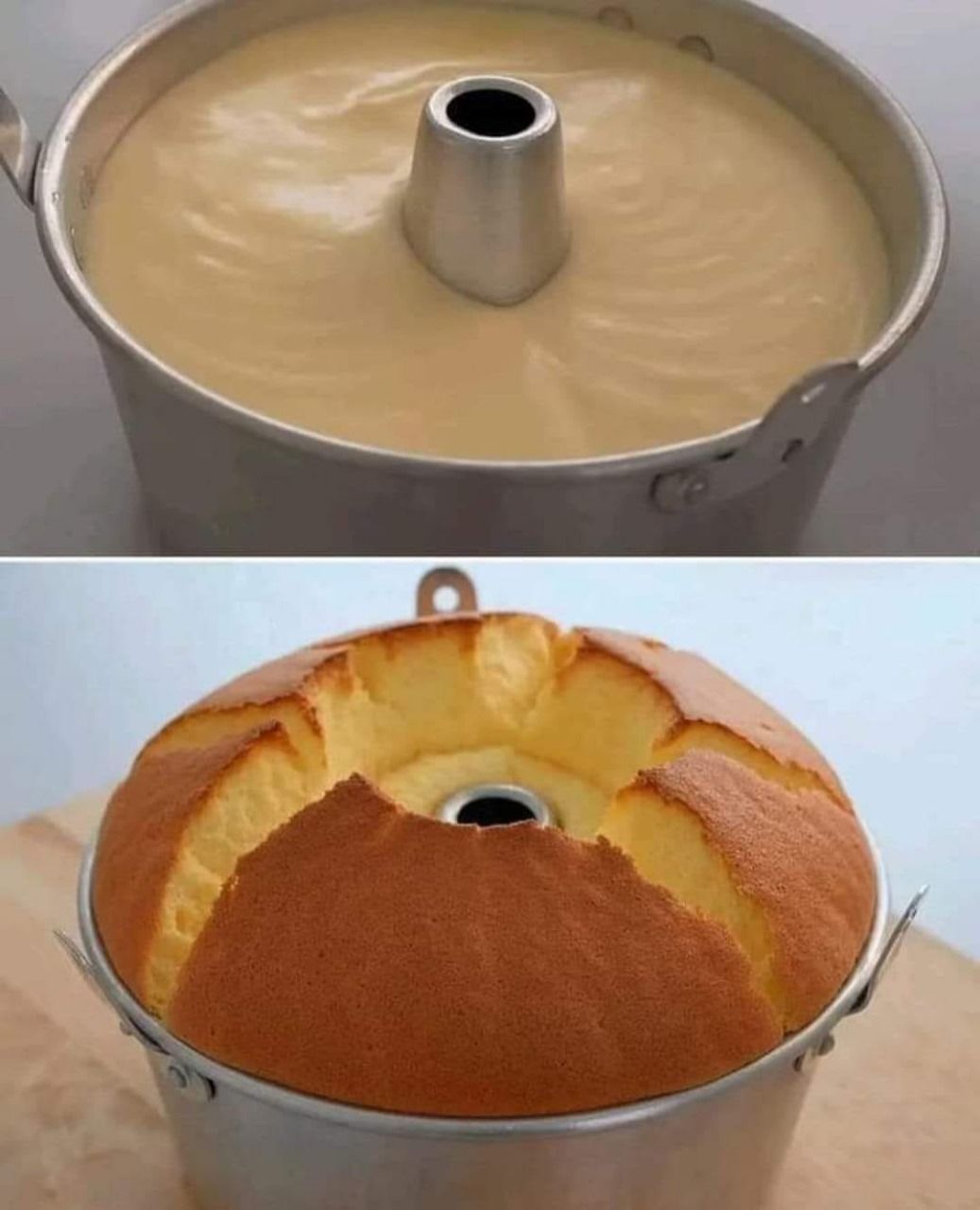Step 2: Prepare the Dry Ingredients
In a large mixing bowl, sift together the flour, 1 cup of sugar, baking powder, and salt. Sifting ensures that all the dry ingredients are well combined and free of lumps, leading to a smoother cake batter.
Step 3: Mix the Wet Ingredients
In a separate bowl, whisk the egg yolks, vegetable oil, water, vanilla extract, and almond extract (if using). Whisk until smooth and well blended.
Step 4: Combine Wet and Dry Ingredients
Gradually add the wet mixture into the dry ingredients, stirring gently until just combined. Be careful not to overmix, as you want to maintain a light texture.
Step 5: Whip the Egg Whites
In a clean bowl, use an electric mixer to beat the egg whites and cream of tartar on medium speed until soft peaks form. Gradually add the remaining ½ cup of sugar and continue beating until stiff peaks form. The egg whites should be glossy and hold their shape when you lift the beaters.
Step 6: Fold the Egg Whites Into the Batter
Gently fold the whipped egg whites into the batter in three parts. Use a rubber spatula and fold carefully to avoid deflating the egg whites. This step helps create the airy texture of the cake.
Step 7: Pour Batter Into the Pan
Pour the batter into an ungreased 10-inch tube pan (also known as an angel food cake pan). Smooth the top with a spatula.
Step 8: Bake the Cake
Bake the cake in the preheated oven for 55–65 minutes, or until a toothpick inserted into the center comes out clean. The cake should be golden brown on top and spring back when lightly pressed.
Step 9: Cool the Cake
Once the cake is done baking, invert the pan immediately and allow it to cool upside down. This helps prevent the cake from collapsing as it cools. If your pan has feet, it will rest on those; otherwise, you can balance the pan on a bottle or similar object. Let the cake cool completely, about 1–2 hours.
Step 10: Remove the Cake From the Pan
Once the cake has cooled completely, run a knife around the edges of the pan and the inner tube to loosen the cake. Carefully remove the cake from the pan.
Serving Suggestions
Dust with powdered sugar: For a classic, elegant finish, lightly dust the top of the chiffon cake with powdered sugar.
Top with whipped cream or fruit compote: Serve the cake with a dollop of whipped cream or a spoonful of fruit compote for added flavor and texture.
Frosting: If you prefer a richer cake, you can frost it with cream cheese frosting or a light lemon glaze.
Tips for Success
Use room temperature eggs: This helps them whip up better and incorporate more air, leading to a lighter cake.
Be gentle with the egg whites: The key to a chiffon cake’s texture is in the whipped egg whites, so handle them delicately when folding them into the batter.
Don’t grease the pan: The cake needs to cling to the sides of the pan as it rises. Greasing the pan will prevent this from happening and result in a collapsed cake.
Cool upside down: Cooling the cake upside down prevents it from sinking and helps maintain its height.
Why You’ll Love Chiffon Cake
Light and Fluffy: The whipped egg whites create an incredibly airy texture.
Versatile: You can serve it plain, dusted with powdered sugar, or topped with your favorite frosting, fruits, or cream.
Deliciously Moist: The oil in the batter keeps the cake moist without the heaviness of butter.
Whether you’re a fan of light cakes or simply looking for a crowd-pleasing dessert, this Chiffon Cake is a must-try. It’s a classic that will impress guests and satisfy your sweet tooth without being overly rich.
ADVERTISEMENT

